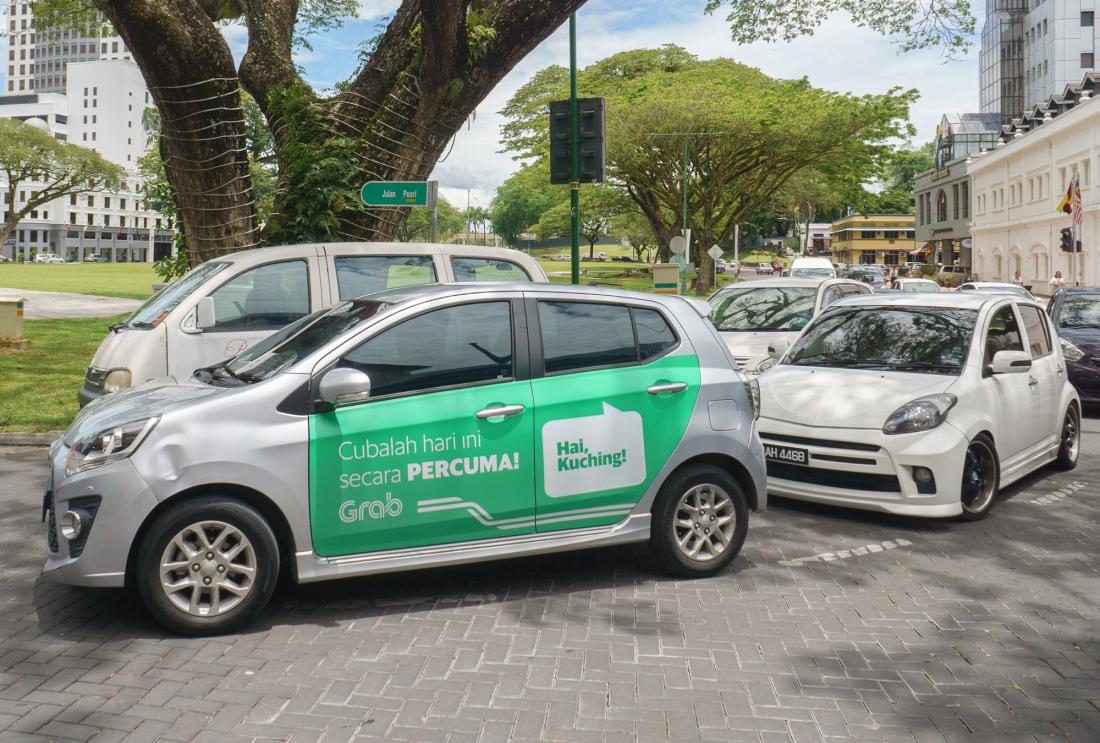Encouraging Carpooling in Malaysia and Singapore
- Urban population
- Citizen satisfaction
- Pollution
- Road safety
- Climate change mitigation
- Digital and mobile
- Information
- Transportation
- Pricing and fees
Traffic is a significant concern in many rapidly developing and urbanizing countries, as it contributes to increased commute times, pollution, and fuel consumption. One solution to this challenge could be ride-sharing to reduce the number of cars on the road. In Malaysia and Singapore, researchers are partnering with a mobile ride-sharing service to test different pricing and information strategies to increase carpooling.
الموضوع الأساسي
Traffic is a major concern in many countries. Too many cars on the road can negatively impact urban life by increasing the time it takes to travel to work; restricting job choice, especially for poorer households, by limiting households’ ability to move between neighborhoods; and increasing pollution. Carpooling, or ride-sharing, could be one way to reduce traffic by reducing the number of cars on the road. However, the number of people who carpool is typically low, due to a variety of potential reasons. First, carpooling requires individuals to coordinate both the timing and location of their trips, which can be particularly difficult when it is hard to determine the number of other potential carpoolers. Second, carpooling might require individuals to interact with people who are unfamiliar or very different from them. Little rigorous evidence exists on the factors that influence the demand for carpooling and ways to increase ride-sharing. To address these questions, researchers are testing ways to encourage ride-sharing by reducing these coordination costs through price discounts, social nudges, and increased information offered on a mobile carpooling platform in Malaysia and Singapore.
سياق التقييم
Southeast Asia has some of the world’s worst traffic, in large part due to rising incomes, which often increase car ownership, and high levels of urbanization. For example, Castrol’s Magnatec Stop-Start Index ranked Jakarta, Indonesia as the city with the worst traffic in the world in 2014.1 Researchers are working with a ride-sharing company called GrabTaxi, which allows users to hail taxis using their mobile phones. GrabTaxi also offers a carpooling service called Hitch. Hitch is a mobile phone platform that allows drivers to post trips that they plan to take and allows passengers to post rides that they need. The system presents passengers with potential ride options based on location, time, and trip route, as well as the drivers’ photographs and basic demographic information. Passengers then decide whether or not to agree to a match at a given price. The payment for service is less than a taxi or professional ride service, intended to promote ride-sharing rather than to target professional drivers.

معلومات تفصيلية عن التدخل
In partnership with GrabTaxi, researchers are conducting a randomized evaluation of various price and information tweaks on the Hitch platform in Malaysia and Singapore in order to better understand the factors that influence the supply and demand for carpooling. These interventions will help determine how individuals decide to join Hitch as drivers or passengers and how much individuals are willing to pay for carpooling.
- Driver bonus: A randomly selected group of current drivers will be given a discount code to hand out to their friends. For every new person who joins Hitch using a driver’s code, that driver will receive a bonus. This intervention intends to encourage current drivers to suggest that their friends sign up for Hitch and thus increase the supply of drivers.
- Encouraging passengers to drive: For a group of current GrabTaxi passengers who are likely to own a car, researchers will randomly assign one of two methods to encourage them to try driving for Hitch. The first strategy will offer these passengers a bonus for trying to be a driver. The second will provide them a social nudge through positive reviews from people who have been Hitch drivers in the past. This intervention intends to increase the supply of Hitch drivers by encouraging current GrabTaxi passengers to take on the role of drivers.
- Passenger discounts: Researchers will randomly assign Hitch passengers to receive random discounts of various amounts on random days. This intervention will test how much Hitch passengers are willing to pay for carpooling.
- Information about drivers: Researchers will provide randomly varied levels of information about drivers to Hitch passengers. For example, drivers’ photos will be randomly varied between high and low quality to make it easier or harder to identify specific driver characteristics. This intervention will test the importance of social factors on passengers’ decision to accept a carpooling option.
- Information about supply: In randomly selected neighborhoods, researchers will provide potential passengers with information about the expected increase in the supply of drivers on a given day, to test whether information about the number of carpooling options affects passengers’ decision to carpool.
In addition to responding to a large demand from Indonesian policymakers for high-quality information about traffic-related issues, this evaluation has the potential to generate broader policy implications for scaling up. As a mobile application that works across multiple countries in the region, GrabTaxi has the capacity to implement findings across Southeast Asia to improve households’ ability to carpool.
النتائج والدروس المستفادة بشأن السياسات
Evaluation ongoing; results forthcoming.
